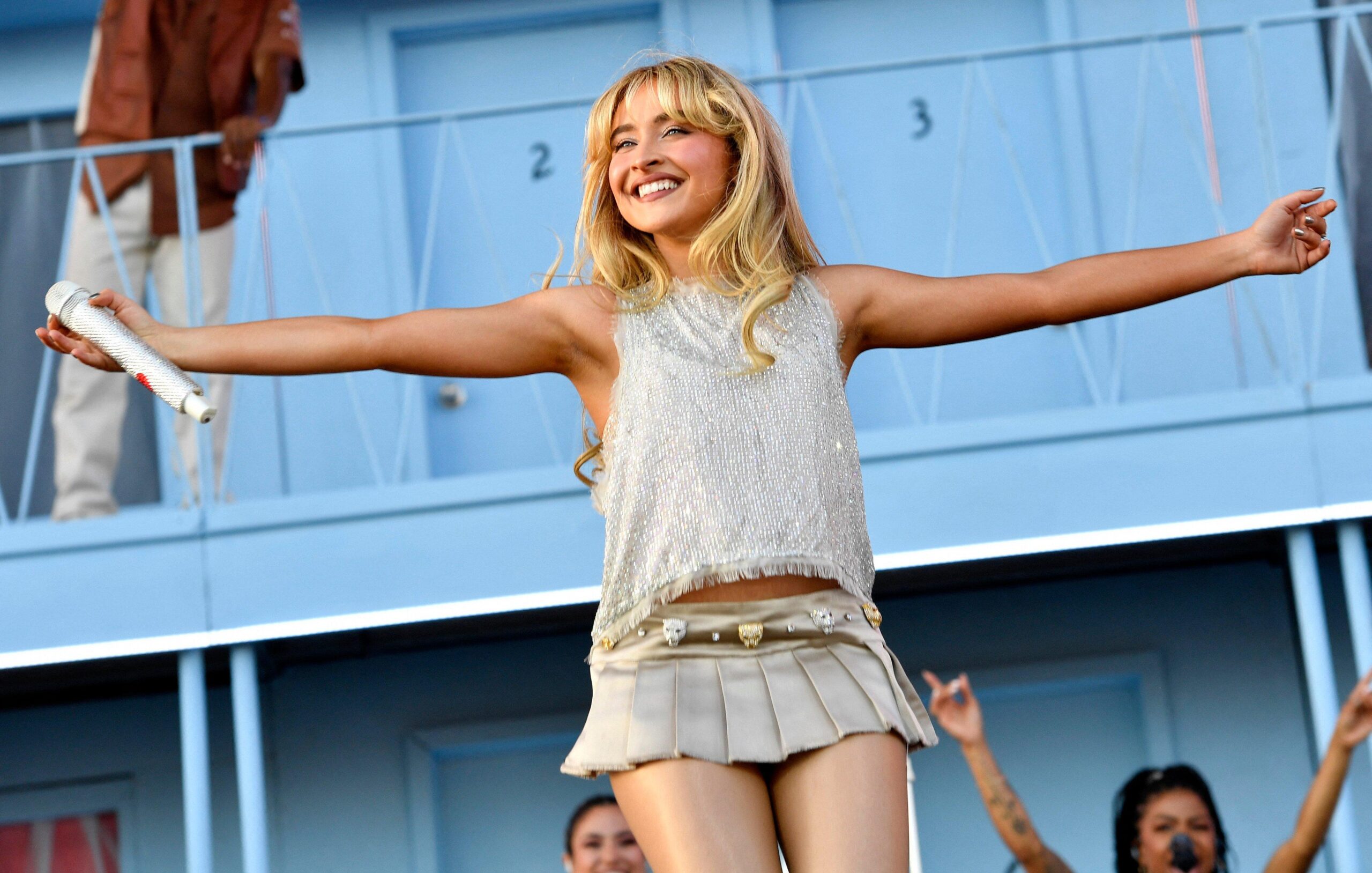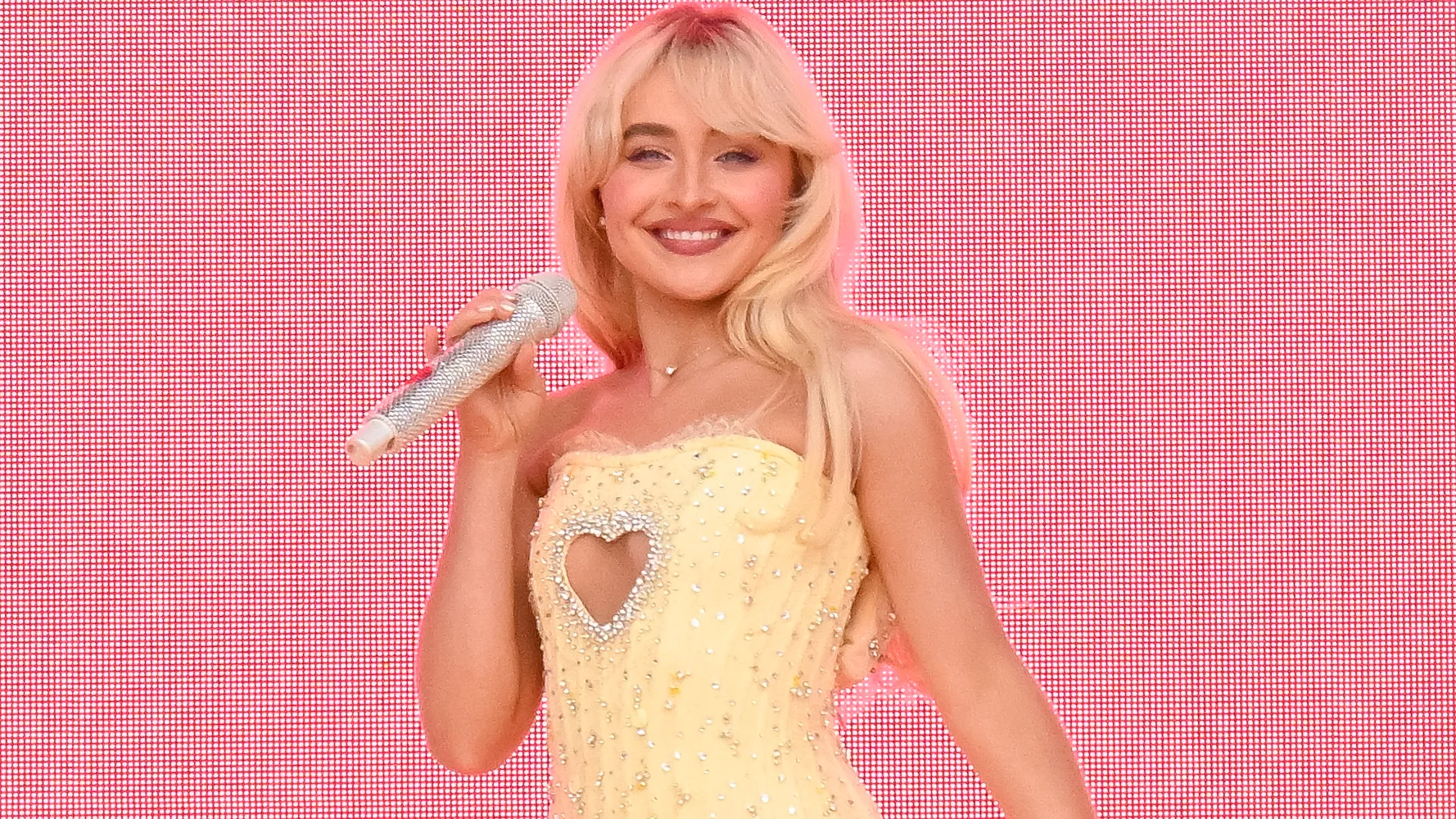By Maria-Nefeli Andredaki,
Sabrina Carpenter is undoubtedly one of the biggest pop stars of our time. From starting out as a Disney kid to opening up the Eras Tour for Taylor Swift and having her own sold-out tour, the Espresso singer seems to be conquering the hearts and ears of pop lovers around the world. Her newest album, Short n’ Sweet, whose title takes a jab at the singer’s height and encaptures her pop star image, has skyrocketed on the charts and continues to draw the public’s support and love everywhere.
While her success is evident from just one simple google search, I would like to highlight another aspect of Carpenter’s work, which has just started to be commented upon by many social media users; her reclamation of female sexuality from a woman’s perspective. It only takes one look at Carpenter’s song lyrics to understand that the singer does not shy away from explicitly expressing her desires and her various ideas around love and relationships. This, along with her lingerie outfits, playful attitude and sometimes comically vulgar language, create the image of a woman who is fully in tune with her sexuality and unafraid of showing just that.
The term “female gaze” comes from feminist theory and refers to the agency of female subjects in representing themselves and their reality on their own terms. The term “male gaze” is the exact opposite of that and refers to the objectification of the female existence, indicating that every aspect of women’s identity, expression and lives serves men and their own agendas. These terms are especially used in the analysis of films, plays, books and artworks, where people can criticize how female subjects (or sometimes, and unfortunately, “objects”) are portrayed.

You would think that, since Sabrina Carpenter puts out this sexual persona in her performances, she would consequently be sexualized. However, that is not the case at all. While oozing with sensuality, Carpenter appears fully in control of herself, her body and her words, an active agent who does not allow room for anyone else’s false interpretations or claim on her sexuality. This is also evident by the fact that Sabrina Carpenter’s fan base consists of a mainly female (or female-presenting) audience. This paints the picture of a “girlhood experience”, a safe space where women and female-presenting folks can revel in their femininity without feeling vulnerable or scared.
If you look at older pop stars, like Britney Spears or Christina Aguilera, you will notice the common theme of them being styled by others and instructed to upkeep this image, an image that is artificial and does not come from within. In Carpenter’s case however, the element of agency and authenticity is quite clear. And this is because she is not sexy for the sake of being attractive; she is funny, witty, clever, cheeky and, again, fully in control of her craft and the image she is creating. She speaks and expresses herself loudly, underlying the fact that the goal here is to create and promote art.
The unapologetic existence of women being active agents and the creation of spaces where they can fully express themselves without feeling insecure that someone else will impose their narrative on them is proof of progress and female empowerment. I just hope that, as we move forward, the collective power of authentic female expression will minimize the male gaze in all art forms, allowing everyday women and female-presenting people the empowerment they deserve, to live their lives however they want and without catering to anyone else’s stereotypes.
Reference
- Sabrina Carpenter & The Power Of The Female Gaze. Stellar. Available here




